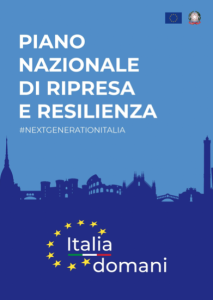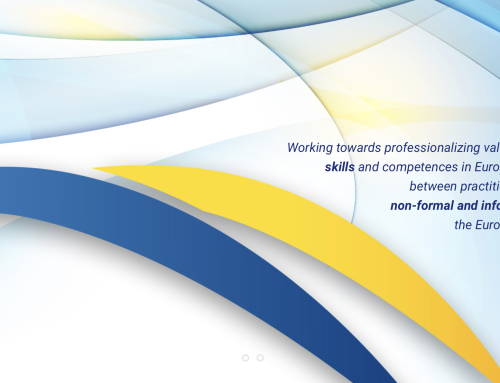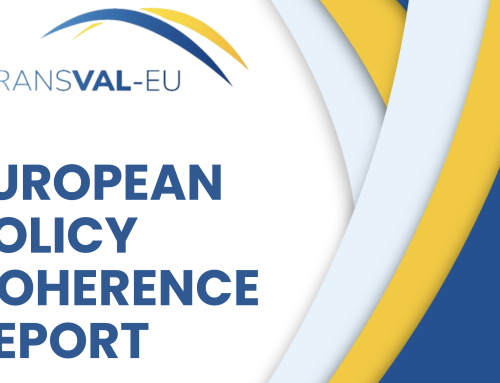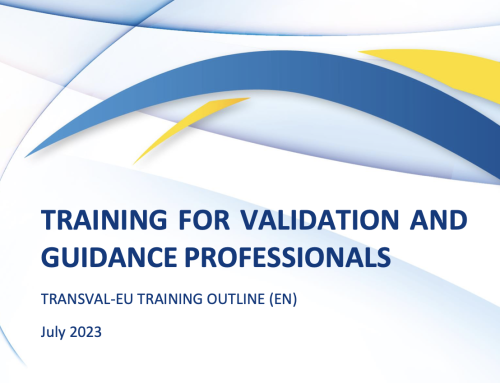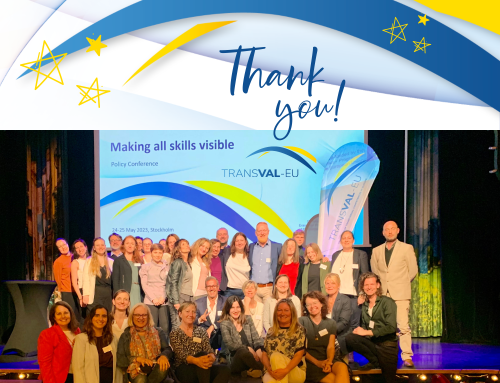VNFIL system and the Italian Recovery and Resilience Plan
One of the reasons why the TRANSVAL-EU project and the development of new tools for the validation of transversal skills acquired through non-formal and informal learning are important factors for ARPAL Umbria is the imminent implementation of the Italian Recovery and Resilience Plan (RRP) under the Recovery and resilience facility, that translates the Next Generation EU into action and defines interventions to overcome the economic and social impact of the pandemic, acting on the country’s structural nodes and successfully facing the environmental, technological and social challenges.
The Plan mobilizes over 300 billion euros for actions connected to 3 strategic axes – digitization and innovation, ecological transition and social inclusion – in order to restart growth and radically improve the competitiveness of the economy, the quality of work and people’s lives, with an expected positive impact on GDP (+ 3%). Among the 6 missions of the RRP, the mission 5 “Inclusion and Cohesion” envisages a total budget of almost € 85 billion. It is structured into three components, the first of which, for a total of € 37,2 billion, envisages a structural review of active policies, the strengthening of employment centers and their integration with social services and the network of private operators, the modernization of the labor market, with a view to improving the employment situation especially of young people, women and vulnerable groups, and the promotion of new skills through the reform of the training system.
The most important program of the Inclusion and Cohesion Mission 5 planned in Italy is called GOL “Garanzia per l’Occupabilità dei Lavoratori” (Guarantee of workers’ employability) and, complementarily to it, another strategic measure is under discussion – the National Plan of New Competences (PNC). This plan should be able to make real the systematization of the Italian validation system. In fact, the training supply for the unemployed will have to be highly personalized and the operators should be able to assess users’ skills in advance by using common standards and language. This will be done, among other ways, through the exploitation of existing experiences at regional level and the promotion of appropriate tools in the 3 areas of skills: basic (including literacy, numeracy and digital), technical-professional and transversal.

